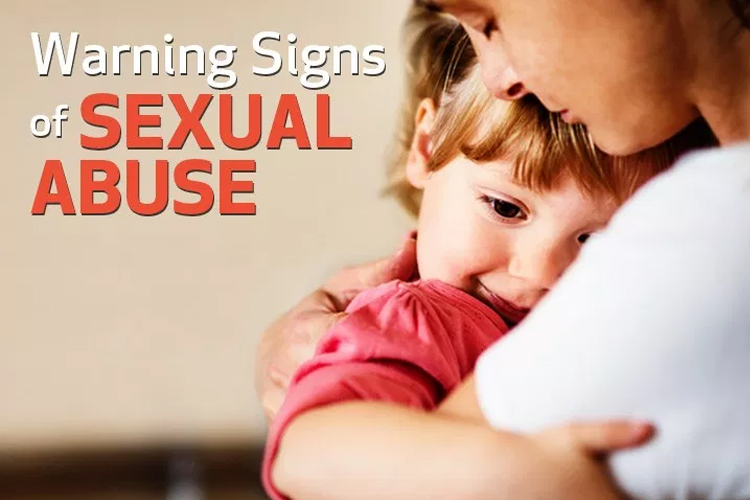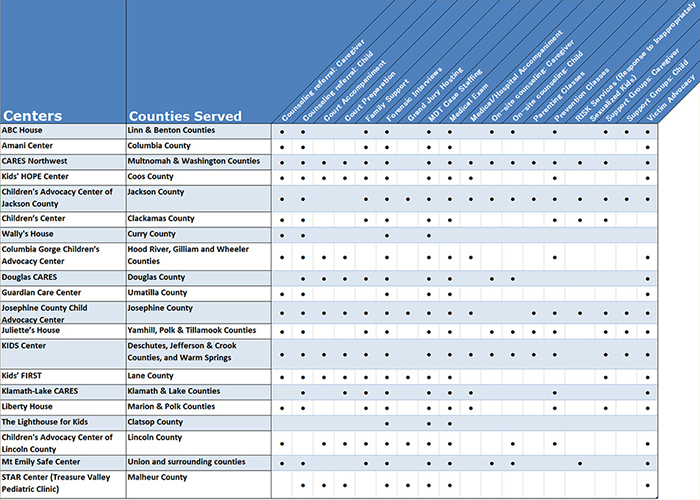Child Molestation Warning Signs
Childhood sexual abuse includes a wide variety of behavior. Sexual abuse may or may not involve physical contact. It is any act that engages a child in an activity for sexual purposes.
Most children who are sexually abused are abused by someone they know. It using begins with grooming behavior. Grooming is when a perpetrator tries to build trust with a child to reduce boundaries. It can take the form of compliments, tickling, wrestling, hugging, or other types of normal touching with the goal of getting the child comfortable with more physical contact from the perpetrator. It can also take the form of gift-giving, such as when a perpetrator buys a child candy, toys, or clothing. A perpetrator may also groom by exposing the child to sexual topics or images in order to normalize sexual behavior. A perpetrator may talk about sexual things to the child, may show the child pornography, or may masturbate in front of the child.

Concerning Behavior
Pedophiles exist in all areas of society, from priests to teachers, coaches, and neighbors. It’s important to pay attention to any adult in your child’s life, regardless of how respected they are in your community. Concerning behavior by adults includes the following:
- Denying the child privacy while changing clothes or using the bathroom
- Ignoring the child's resistance to physical contact such as ticking, wrestling, hugging, or kissing
- Exhibiting interest in a child sexual development
- Seeking to be alone with the child for lengthy, uninterrupted periods of time
- Spending an inordinate amount of time with children
- Offering to babysit children at their own place of residence
- Taking children on unsupervised overnight trips
- Giving children money or gifts for no clear reason
- Telling a child that he or she is "special"
Once a perpetrator obtains access to a child, sexual abuse takes many forms: from touching a child's genitals; forcing the child to touch their own or another person's genitals; playing sexually-charged games with the child; or inserting objects inside the anus, mouth, or vagina of a child.
Sexual Abuse Indicators
The majority of child sexual abuse victims do not report the abuse right away. When victims are asked why they didn’t report, most explain that it is because no one asked them. Children usually blame themselves for the abuse and feel ashamed or guilty. Sometimes, perpetrators threaten to hurt the child or a loved one if they tell anyone about the abuse. Sometimes, children even care about the perpetrator. The child may fear disbelief, punishment, or family break-up. Children seldom lie about sexual abuse.
If a child exhibits some of the following indicators, it may be a sign that someone in their life is sexually abusing them.
- Sexualized play
- Trouble sleeping
- Nightmares
- Bed wetting well after being potty trained
- Emotional neediness
- Withdrawn, reticent behavior
- Secretiveness
- Mood swings
- Unexplained insecurities
- Irrational fear of specific people or places
- Unexplained bursts of irritation
- Eating disorders
- Sudden knowledge of proper names or slang terms for body parts
- Speaking about a new older friend
- Gifts or money from mysterious sources
- Cutting, burning, or other acts of self-harm
- Bruises or redness around the mouth or genitals, soreness of the genitalia, pregnancy, or STDs
- Pain when urinating or Urinary Tract Infections
- Running away from home
It's important to remember that sexual abuse is not the only explanation for the above behaviors. If there is another source of emotional stress in the child's life, such as their parents' divorce, the loss of a pet or family member, bullying at school, fighting with friends, or other sources of anxiety, this could also explain the negative behavior.
What To Do If You Suspect Abuse
Child Abuse intervention centers exist all over Oregon. They provide child abuse evaluations that include a head-to-toe medical exam, child-friendly forensic interviews, and family support.
If you live in Central or Eastern Oregon, KIDS Center can help. https://www.kidscenter.org/
To find the child abuse intervention center in your area, see the table below for locations and services offered.


